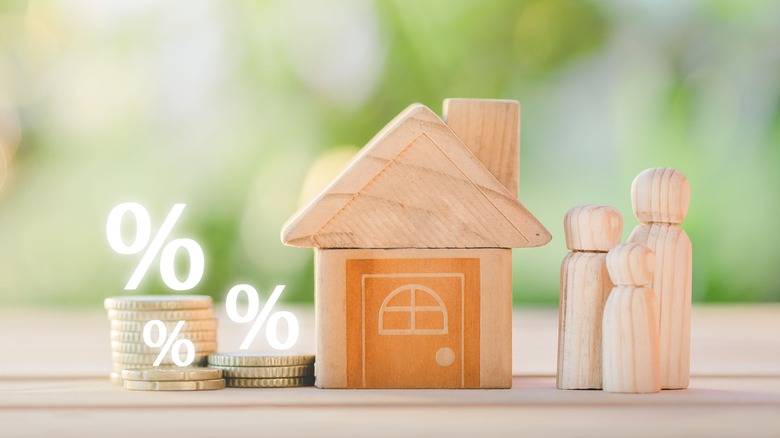The End Of 2022 Saw A Drastic Downturn In Mortgage Demand
The mortgage industry continues to face turmoil. Throughout 2022, the industry saw significant changes. Data from Freddie Mac shows that the average interest rate on a 30-year fixed-rate mortgage grew by 3.31% from December 2021 to December 2022. Many factors contributed to the growth in interest rates, especially the action by the Federal Reserve to increase key lending rates to combat inflation. The Federal Reserve Bank of Cleveland notes that the agency considers a 2% inflation rate ideal, but figures have been much higher.
Higher costs typically change consumer perception of the market and may impact their willingness or ability to buy a home. The most recent reports show marked changes in the high-intensity, fast-moving, and rapidly expanding home prices of early 2022. The more recent data from the Mortgage Bankers Association (MBA) indicates that people are stepping back and paying closer attention to their market before they make their move. The end of 2022, then, is significantly different from the start.
Mortgage demand dropped by 13.2%
One of the key indicators of the mortgage industry's health is the number of people requesting loans. Data from the Mortgage Bakers Association's Weekly Mortgage Application Survey paints a clear picture of this. It found that the number of applications for mortgages in the last two weeks of December 2022 fell by 13.2%, and that is with seasonal adjustments. What's behind mortgage demand plummeting?
Joel Kan, the Vice President and Deputy Chief Economist with MBA, shared, "The end of the year is typically a slower time for the housing market, and with mortgage rates still well above 6% and the threats of a recession looming, mortgage applications continued to decline over the past two weeks to the lowest levels since 1996." The drop in mortgage applications indicates fewer people buying homes in both new construction and existing sales, due in part to the significantly higher cost of loans. Kan noted that home price sales growth has slowed, which could help make homes a bit more affordable, but it hasn't been enough to encourage people to enter the market at a fast enough rate.

